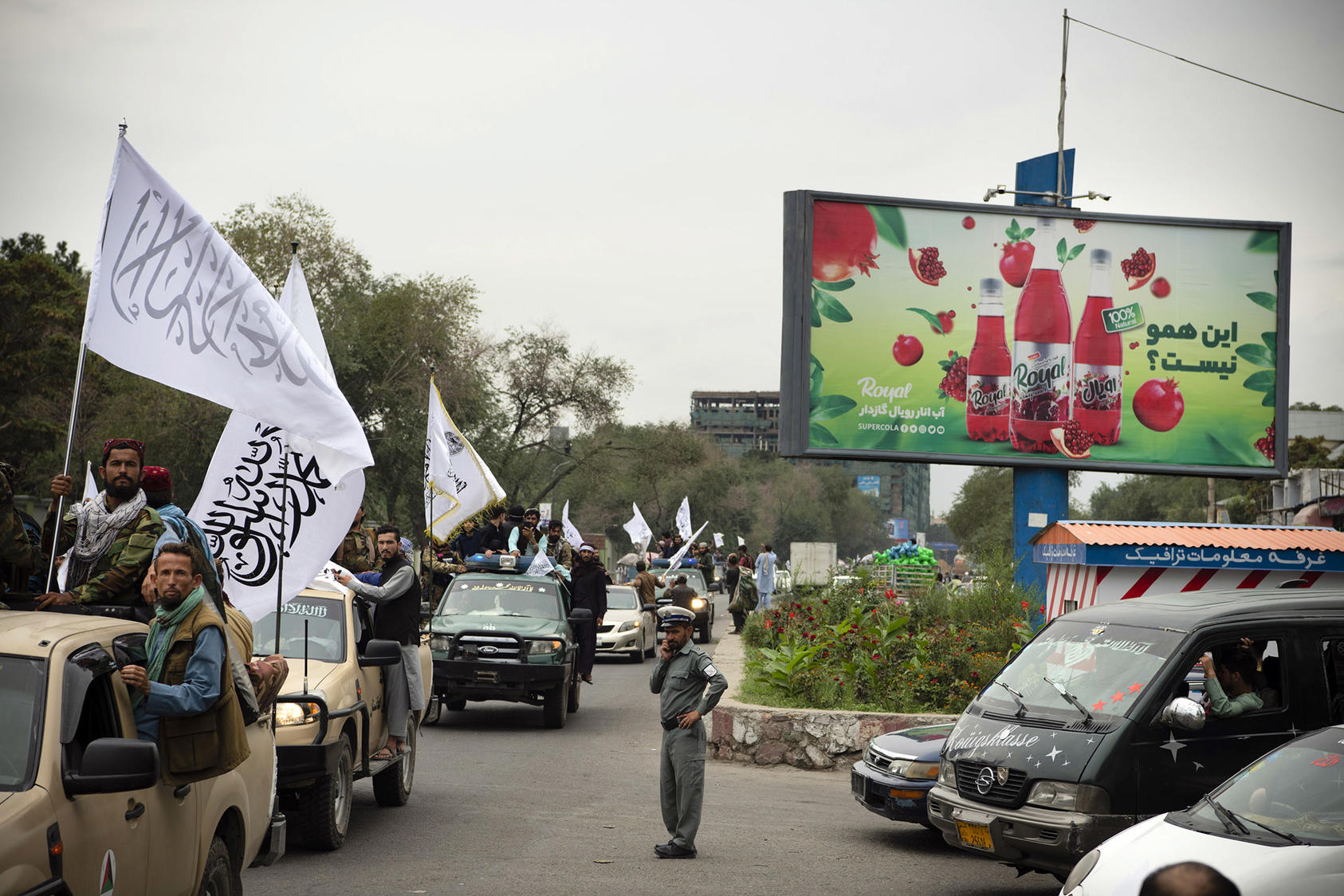Twitter Space: Afghanistan One Year Later
USIP Experts Assess the First Year Since the U.S. Withdrawal and Taliban Takeover
August 30 marks the one-year anniversary of the last U.S. troops leaving Afghanistan. The unceremonious end of America’s longest military intervention was overshadowed by the Taliban’s takeover of Kabul two weeks prior, followed by a tumultuous evacuation of tens of thousands of Afghan citizens. Over the past weeks, USIP experts and partners have been assessing Afghanistan’s first year under Taliban rule in key areas, including the deteriorating economy, the humanitarian crisis, the Taliban’s transition from insurgent group to government, the conditions facing women, girls and youth, and current regional dynamics.

On August 31, USIP hosted a Twitter Space discussion with USIP experts on how Afghanistan has changed over the past year, what it means for the country going forward, and ways U.S. and international policy can continue to support efforts for an inclusive and stable Afghanistan that recognizes the rights of all its citizens.
Note: This live Twitter Space was hosted on USIP’s Twitter account, @USIP. A recording of this discussion is also available on this page as an episode of the “USIP Events” podcast.
Continue the conversation on Twitter using the #AfghanistanUSIP hashtag.
Speakers
Scott Worden
Director, Afghanistan and Central Asia, U.S. Institute of Peace
@ScottRWorden
Kate Bateman
Senior Expert, Afghanistan, U.S. Institute of Peace
@katebatemandc
Belquis Ahmadi
Senior Program Officer, Afghanistan, U.S. Institute of Peace
@belquisa2
Asfandyar Mir
Senior Expert, Asia Center, U.S. Institute of Peace
@asfandyarmir
Andrew Watkins
Senior Expert, Afghanistan, U.S. Institute of Peace
@and_huh_what
William Byrd
Senior Expert, Afghanistan, U.S. Institute of Peace
@BillBparenda



